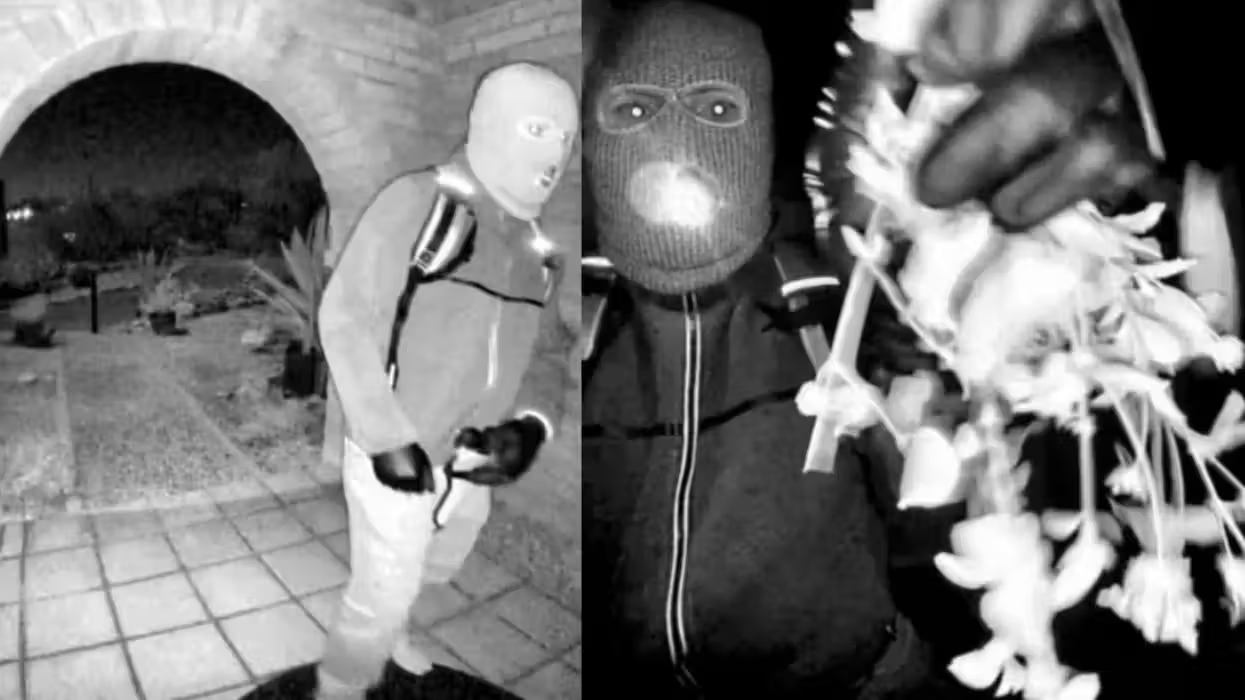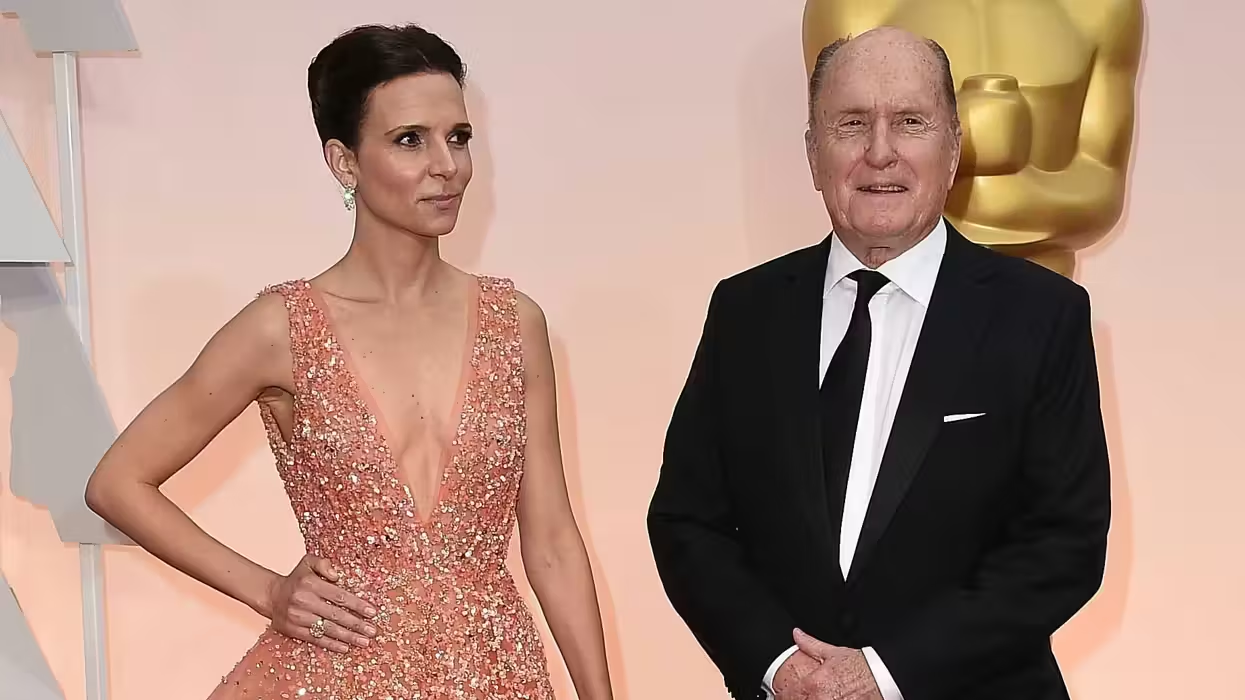
© 2026 Blaze Media LLC. All rights reserved.
"as ingrained as driving is for some people."
The numbers range but today's youth sends between 100 and 500 texts per day. With this near constant thumb movement and lack of using one's voice to communicate, it may be only natural for sleep texting to arise.
That's right: sleep texting. The Daily Mail reports this rare condition, which is a sort of cross between sleep walking and talking in your sleep, as being currently researched by doctors at the Melbourne Sleep Disorder Centre in Australia. The messages are usually incoherent and the sender doesn't remember sending them the next morning:
[Sleep specialist] Dr. [David] Cunnington described sleep texting as the result of people having too much to do during waking life.He explained: "People are doing so much during a normal day that it can mean that they feel like they're "on call" even at night.
"Because it's so easy to receive emails constantly, and get notifications from smartphones, it becomes more difficult for us to separate our waking and sleeping lives."
Dr. Cunnington said people struggling to get a quality night's sleep should keep their phones out of the bedroom.
The Telegraph reports Dr. Ron Kramer, of the American Academy of Sleep Medicine, as attributing it to younger generation's affinity toward texting:
“Texting for some of the younger generation is probably as ingrained as driving is for some people.”
According to Jan Van den Bulck, of the Catholic University of Leuven, Belgium, the mobile phone has almost become an extension of many young people’s fingers.
[...]
Jessica Castillo, 24, of Italy, Texas, recently sent two multimedia text messages, apparently after falling asleep during an exchange with her boyfriend.
The first began “Baby u there? Need to tell somethin ..." before it turned into nonsense.
To do so, she had to navigate 11 different stages, excluding the typing.
The Daily Mail goes on to note that research in this field isn't the first involving sleep and use of technology. In 2008, the University of Toledo studied sleep emailing, which Cunnington says is probably more detrimental than sleep texting as emails are more likely to be sent to work colleagues.
[H/T Business Insider]
Want to leave a tip?
We answer to you. Help keep our content free of advertisers and big tech censorship by leaving a tip today.
Want to join the conversation?
Already a subscriber?
more stories
Sign up for the Blaze newsletter
By signing up, you agree to our Privacy Policy and Terms of Use, and agree to receive content that may sometimes include advertisements. You may opt out at any time.
Related Content
© 2026 Blaze Media LLC. All rights reserved.
Get the stories that matter most delivered directly to your inbox.
By signing up, you agree to our Privacy Policy and Terms of Use, and agree to receive content that may sometimes include advertisements. You may opt out at any time.







